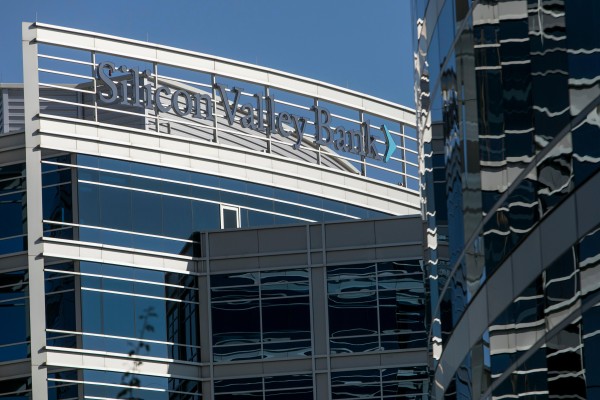
It is impossible to say if the recent collapses of Silicon Valley Bank in the US and Credit Suisse in Europe signal the start of a bigger financial crisis. Certainly, markets are worried about whether other banks could be sucked in.
However, both Downing Street and the Bank of England have issued statements backing the UK banking system and saying it’s better protected than it was at the time of the global financial crisis in 2008.
And there’s one very big reason why you shouldn’t need to worry about your own cash, even in the event of a run on a UK bank. Your savings will be protected by the Financial Services Compensation Scheme (FSCS), up to £85,000 held in each institution. It effectively means that if a bank holding your cash goes under, the Government will repay you within seven days.
That £85,000 figure is so high that most people will think they have nothing to worry about. But there are a few factors you need to consider to ensure your money is safe.
As mentioned, the protection applies to financial institutions rather than per person, or per account. This means if you have more cash than the limit you will be protected as long as you split it between different banks – though a joint account will cover you up to £170,000.
But you need to be careful here, too. There are a handful of banks where more than one brand is operating under a single institution, such as HSBC and First Direct, or Halifax and Bank of Scotland. In these cases, the £85,000 protection is shared between them. So if you had £50,000 in each, that leaves a total of £15,000 unprotected. Something else to check is whether your savings are with a Financial Conduct Authority-registered institution, such as a bank, building society or credit union. If not, you won’t be covered by the FSCS.
Which banks share licences?
You can check if a bank has its own licence or shares it with others on the FSCS website. Often this happens after mergers and takeovers, so although brands may no longer exist for new customers, you might still have active accounts from the old provider. Here are the key names to be aware of:
■ Bank of Ireland, Post Office, AA Financial Services
■ Co-operative Bank, Smile, Britannia
■ Halifax, Bank of Scotland, Intelligent Finance, Birmingham Midshires
■ HSBC and First Direct
■ Marcus, Saga
■ Monzo, Oak North
■ Santander, Cahoot
■ Virgin Money, Clydesdale and Yorkshire Bank
Find the latest best buy savings rates at becleverwithyourcash.com/savings
Excluded places you might hold cash that won’t be protected include the likes of PayPal, Christmas saver schemes and prepaid cards.
There could even be some Fintech banks that you might assume are part of the scheme, but aren’t. For instance, though Revolut and Monese work like other banks they don’t have a full UK banking licence. And that means no FSCS. Often they’re classed as e-money accounts, and in these cases, they usually keep your money ‘in trust’ with a different bank which is covered by the FSCS. So even if the firm itself or the underlying bank went under, your money would be covered, it would just be more complicated to get it back. And of course, it increases the risk of you accidentally going over the £85,000 in a single institution if you already hold money directly with that ‘in trust’ bank. But do check.
And what if you have significantly more than £85,000? You might, perhaps, sell your house but don’t buy a new one straight away… or maybe you’re about to inherit some cash? The good news is there’s a temporary increase to £1m for six months in such cases. However, there are exclusions, so if you know that a large sum is on its way, make sure it’s eligible.
Alternatively, you could look at NS&I accounts where the full amount saved is protected, with some accounts allowing up to £2m to be held in deposits.
Follow Andy on Twitter, YouTube and Instagram
MORE : Cash is safe, investing is riskier? That ain’t necessarily so…





